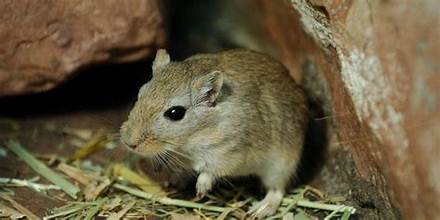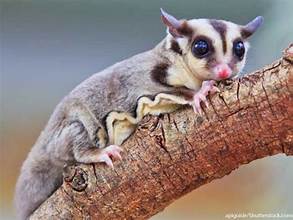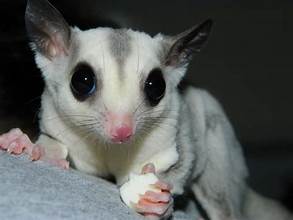Mongolian Gerbils are popular small pets known for their active and curious nature. Whether you’re a new pet owner or considering adding a gerbil to your family, understanding their needs is crucial. This guide covers everything you need about Mongolian Gerbils, including their diet, habitat, medical issues, toys they enjoy, and more.
Understanding Mongolian Gerbils
Mongolian Gerbils are native to the desert regions of Mongolia and northern China. They are social creatures that thrive in pairs or small groups. With a 2-4 years lifespan, these gerbils are relatively low-maintenance but still require proper care to ensure their happy and healthy lives.
Diet for Mongolian Gerbils
What to Feed Your Mongolian Gerbil
A balanced diet is essential for your Mongolian Gerbil’s health. They primarily eat:
Commercial Gerbil Food:
Look for high-quality gerbil pellets that provide a balanced mix of grains, seeds, and essential nutrients.
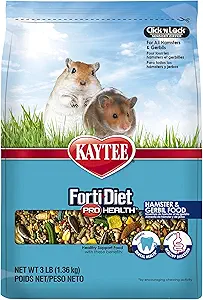
Fresh Vegetables:
Offer small portions of carrots, broccoli, and cucumber. Avoid giving too much fruit, as the sugar content can lead to obesity.
Occasional Treats:
You can give sunflower seeds and peanuts as treats, but their use should be limited due to their high-fat content.
Habitat for Mongolian Gerbils
Creating the Ideal Environment
Mongolian Gerbils need a spacious and stimulating environment to stay happy. Here’s what you’ll need:
Cage:
Choose a cage with plenty of space for burrowing and exploring. A 20-gallon tank is a good starting point for a pair of gerbils.
Bedding:
Provide 4-6 inches of bedding, such as aspen shavings or paper-based bedding, to allow your gerbils to dig and tunnel.
Hideouts and Tunnels:
Gerbils love to explore, so include tubes, tunnels, and small hideouts for them to play in.
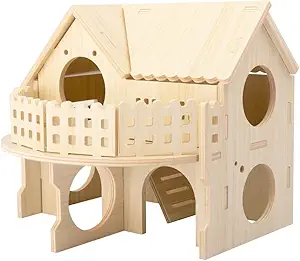
Medical Issues in Mongolian Gerbils
Common Health Concerns
Mongolian Gerbils are generally healthy, but they can be prone to specific health issues:
Respiratory Infections:
Dusty bedding or poor ventilation can lead to respiratory problems. Ensure their environment is clean and well-ventilated.
Dental Issues:
Gerbils’ teeth grow continuously, so they need chew toys to wear them down. Overgrown teeth can lead to eating difficulties.
Tail Injury:
Gerbils have delicate tails that can easily be injured if mishandled. Always handle them gently to avoid harm.
Toys and Enrichment for Mongolian Gerbils
Keeping Your Gerbil Entertained
Gerbils are active and curious, requiring plenty of toys to keep them stimulated:
Chew Toys:
Wooden chew toys help keep their teeth healthy.
Exercise Wheels:
A solid-surface wheel provides great exercise but should be gerbil-safe with no gaps that could catch their tails.
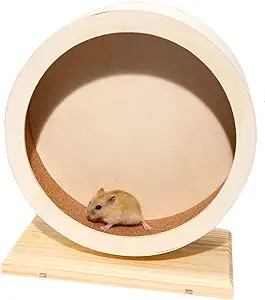
Tunnels and Tubes:
Create an intricate system of tunnels and tubes for them to explore.
Additional Tips for New Gerbil Owners
Socialization:
Gerbils are social animals and should be in pairs or groups to prevent loneliness.
Handling:
Always support their body when handling them to avoid injury. Allow them to climb into your hand rather than grabbing them.
Cleaning:
Clean their cage weekly to prevent the buildup of waste and bacteria.
Conclusion
Mongolian Gerbils make excellent pets for those willing to provide the proper care. By understanding their diet, habitat, and health needs, you can ensure your gerbils live a happy and healthy life. With the appropriate setup and attention, your gerbils will be satisfied and bring joy to your home.
Disclosure: This page may contain an affiliate link to Amazon.com. We might receive a commission if you follow them and purchase anything from the recommended products. I can assure you that I never recommend anything I don’t trust. Thanks for supporting positvelypets.com!

